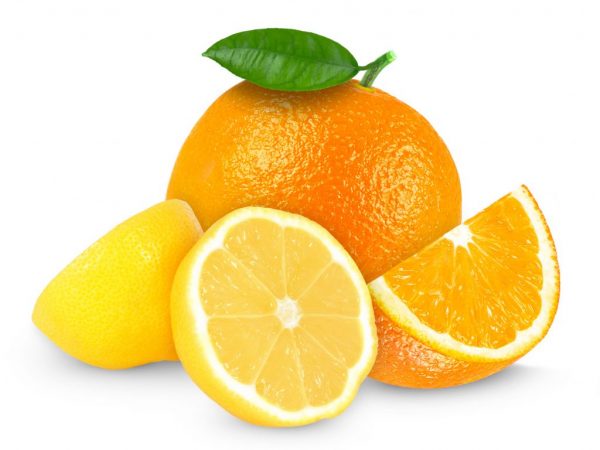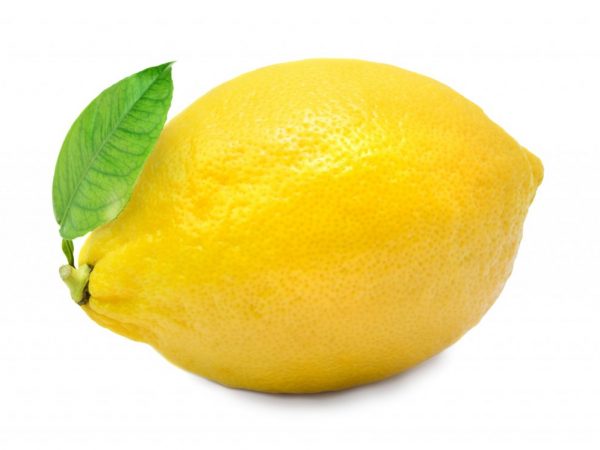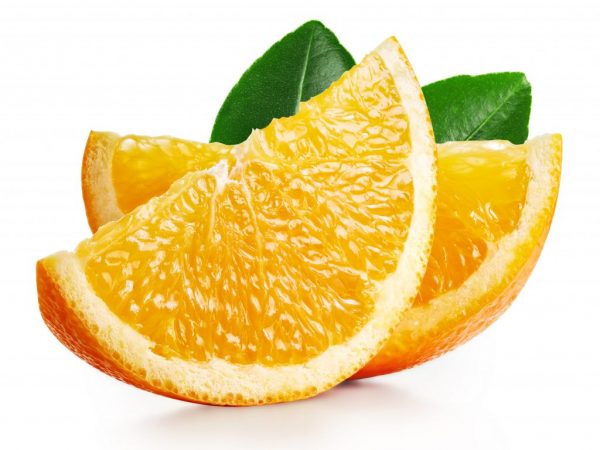Vitamin composition of oranges and lemons
For the body to function properly, it is important to get enough nutrients. Vitamins in citrus fruits are found in large quantities not only in the pulp, but also in the peel. Oranges and lemons are also rich in pectin, acids and essential oils.

Vitamin composition of oranges and lemons
The benefits of citrus fruits
Citrus fruits are a rich source of vitamin C.
They are able to keep it all winter, thanks to the peel. Lemons contain citrine, which effectively strengthens blood vessels, reduces the risk of heart disease, strokes and slows down aging.
Oranges have phytocidal properties, have an antimicrobial effect, which spreads to pathogenic fungi, which cause skin diseases. Oranges and lemons contain vitamins that contribute to:
- strengthening immunity;
- improving the functioning of the stomach;
- normalization of metabolism;
- strengthening the nervous system;
- strengthening the heart muscle;
- lowering the amount of sugar in the blood.
Vitamin composition of lemon
Lemon contains most of all vitamin C. 100 g of pulp contains 40 mg, which is more than half of the daily dose for humans. Also, lemon contains a lot of pantothenic acid (vitamin B5) - 0.2 mg.
Lemon contains other B vitamins: PP (B3) - 0.17 mg, thiamine - 0.04 mg, pyridoxine - 0.05 mg and folic acid (B9) - 8 μg per 100 g of fruit. Vitamins in lemon enhance each other's action. The glycemic index is 25 units. The composition of the citrus fruits themselves directly depends on where the trees grow.
Allocate the following elements needed by the body:
- 160 mg of potassium, 12 mg of magnesium, which are necessary for the heart;
- 40 mg calcium, 21 mg phosphorus, which are important for the formation of the skeletal system;
- 5 mg sodium, 5 mg chlorine, which regulate the process of digestion and blood circulation;
- 10 mg of sulfur, which is important for the synthesis of proteins in body tissues.
These fruits also contain other substances necessary for a person: manganese (increases endurance), boron (necessary for the hormonal and nervous systems), copper and zinc (improves blood circulation).
Medicinal properties of lemon

Lemon boosts immunity
Lemon affects the human immune system the most.
This is due to the high content of ascorbic acid. It helps in the formation of antibodies. This is the reason why they drink lemon teas for colds, flu and sore throats. The healing effect is achieved thanks to vitamin C and essential oils that the fruit contains.
Lemon has a beneficial effect on joints. It helps to get rid of uric acid crystal deposits that occur when the proteins in meat are digested. Sulfur and antioxidants help eliminate the effects of free radicals. As a result, the risk of malignant growths is reduced and the aging process slows down.
The use of lemons is good for women in position.Thanks to B vitamins, a woman can better tolerate pregnancy, the fetus receives the necessary trace elements for it.
The product is effective in the fight against excess weight and helps to get rid of cellulite. This is facilitated by the low calorie content and the presence of elements that accelerate the metabolism.
The benefits and uses of lemon peel
Lemon zest is just as healthy as the fruit.
The peel of this citrus fruit contains cintronella, pellandrene, citric and malic acid, hesperdin.
Medicinal properties of lemon peel:
- cleansing the body of toxins;
- a decrease in the amount of gas in the intestines;
- normalization of the digestive tract;
- normalization of blood pressure.
Also, lemon peels thin the blood and restore its alkaline balance. They help cleanse and brighten oily skin. To get the zest, the fruit is washed and placed in the freezer for 2-3 hours. Then it is easily grated.
The resulting zest is added to first courses, salads, fish dishes and sauces. Tea made from zest is popular. Making a drink yourself is easy:
- In a metal container, pour the zest with water and put on fire. Bring to a boil and keep on fire for 15 minutes.
- Remove from the stove and add lemon juice. Add honey or sugar if desired.
This drink is drunk both cold and hot. It is especially beneficial to take it on an empty stomach before breakfast.
Vitamin composition of orange

Orange improves heart function
The vitamin composition of an orange is similar to that of a lemon. This orange fruit also contains B vitamins (B1, B2, B5, B6), C and PP, as well as folic acid and beta-carotene. In addition, orange contains the following minerals:
- potassium;
- calcium;
- zinc;
- iron;
- molybdenum;
- sodium.
The glycemic index is 45-50 units. The orange peel contains pectins that normalize the stomach. Eating this fruit can help lower cholesterol and improve cardiovascular health.
Medicinal properties of orange
Although the calorie content of an orange is higher than that of a lemon, the fruit is still suitable for a diet. It complements breakfast well, while lemon cannot be eaten in large quantities.
Orange contains more vitamin C than other citrus fruits. It effectively strengthens the immune system and is a good prevention of ARVI.
The orange contains a large amount of vitamin A, which is also called the growth and vision vitamin. The benefits of this fruit are especially great for children and the elderly.
Anti-wrinkle masks with oranges are also useful. They smooth the skin well, refresh it, and restore its tone. Before using the fruit, it is washed under running water, peeled and chopped using a blender.
The mask is applied to cleansed skin with a thin layer, the top is covered with gauze. This helps to maximize absorption of all beneficial substances. After 10 minutes, the mask is thoroughly washed off.
The fruit is also recommended for varicose veins, because it is important for the patient to receive a sufficient amount of vitamins. It is also useful to eat ripe oranges in large quantities and for hemorrhoids.
Diet is also important for gouty inflammation. The patient should not eat foods containing uric acid and purine. But it is useful to include oranges in the diet.
Benefits of an orange for gout:
- protects the walls of blood vessels from damage;
- promotes collagen production;
- helps in the restoration of the surface of the joints;
- reduces cartilage and bone degeneration.
Contraindications
Despite the large number of useful properties of these fruits, they should not be used for certain diseases. They contain acids that irritate the mucous membrane, therefore they are contraindicated in diseases of the gastrointestinal tract such as ulcers, pancreatitis, and gastritis.
There is a lot of sugar in these fruits, so it is worth limiting their use for people with diabetes. Oranges and lemons often cause allergies, it is undesirable to eat them too often.
Citruses also have a negative effect on tooth enamel. The acid, which oranges and lemons contain, destroys already damaged areas of the teeth, so it is better to drink the juice through a straw.
You should be careful, because antibiotic and citrus compatibility is poor. Some drugs disintegrate in an acidic environment and lose their usefulness. It is important to consult a doctor and study the instructions well.
Citruses are also harmful for oral candidiasis. With thrush, they can be consumed.
Do not eat citruses after removing the gallbladder. Due to the high acidity, foods are excluded from the diet for 2-3 months.
Conclusion
The vitamins in these citrus fruits are abundant. Substances effectively support human health, strengthen immunity and help to overcome various ailments.
Fruits do not lose their beneficial properties even when added to different dishes. But there are a number of contraindications: do not consume too much of these citruses to avoid an allergic reaction.


